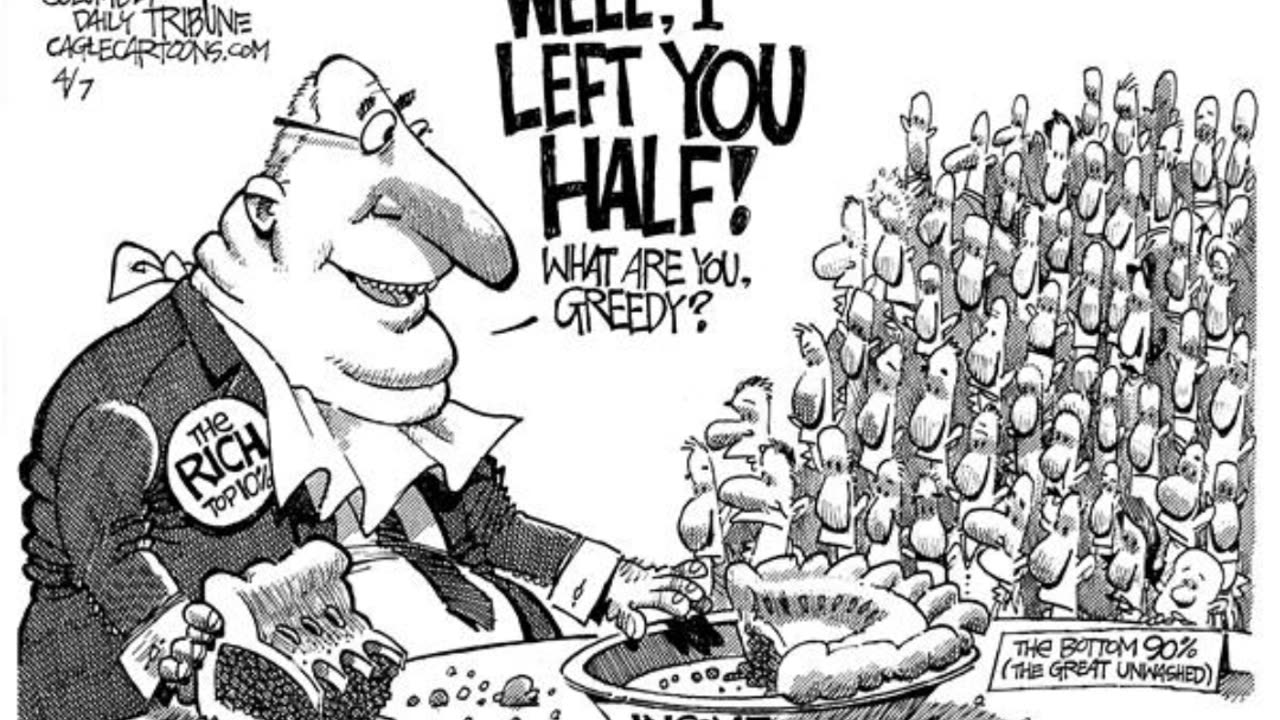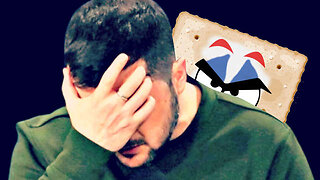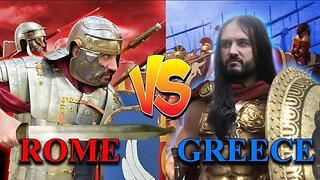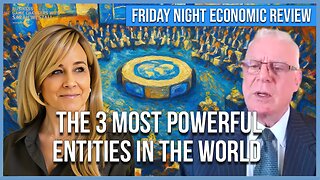Premium Only Content

How Elites Invented Inequality (Right After Inventing Grain Storage)
#HistoryOfInequality #EliteOrigins #NeolithicPowerMoves #GrainLordsAndTaxCodes #SatiricalHistory #PowerAndPrivilege #AncientScams #SocietyLevelUp #FunnyHistory #WhoMadeTheRules
When Did Societal Elites First Emerge?
The short, sarcastic answer: as soon as humans figured out how to stop following dinner around the plains and start hoarding it instead. The slightly longer answer is less snappy but more defensible: entrenched elites began to appear with the Neolithic transition, when farming, permanent settlements, and property made accumulation possible, and with accumulation came people who were very good at keeping things for themselves and inventing stories to justify it.
The Neolithic era (roughly the period when communities in the Upper Euphrates and Tigris basins settled and started farming) is where archaeologists spot the first reliable signals of social differentiation. Once people stopped being glorified nomads who owned only what their feet could carry, houses, land, and stored food gave a few individuals the chance to control resources over years and generations. That control quickly turned into status, special roles, and the kind of influence that looks suspiciously like elite behavior to anyone who’s ever shared a pizza and then watched someone take the last slice “for the good of the group”.
How did accumulation turn into rulers, priests, and that cousin who always seems to have slightly better clothes? It’s basic institutional math: storage + surplus = specialization; specialization = power; power = formal or informal elite. Settled life required management of irrigation, grain stores, trade and conflict, so certain people took on administrative and religious roles that granted them disproportionate access to resources and decision-making. Over generations those roles ossified into hereditary positions or entrenched classes, the original subscription plan for privilege.
Fast-forward a few millennia and inequality doesn’t vanish; it reshapes. States, property rights, and legal instruments turned elite advantage into a durable machine. Historical records show waves of rising and falling inequality, shocks like plagues could briefly level wealth, while institutional choices (taxation, welfare, land laws) later locked inequality back in place or softened it, depending on rulers and ideas of the day. In short: elites get creative. When institutions favor concentration of wealth and limit redistribution, inequality blooms. When institutions impose checks, it withers — until somebody finds a loophole.
If you want a sociological mic-drop: the modern idea of the “elite” was theorized in the early 20th century, but the phenomenon itself is many times older than the word. Vilfredo Pareto and Robert Michels gave us elegant theories about how minorities tend to steer decisions and how organizations become oligarchic, but they were simply naming a very old human habit, hoarding control while telling everyone it’s necessary for stability. So did elites emerge suddenly? No. Did they emerge as soon as humans could store, manage, and monopolize resources? Pretty much yes. And have they been endlessly creative about justifying their existence ever since? Absolutely.
-
 2:16:43
2:16:43
TheSaltyCracker
5 hours agoIt's Over Zelensky ReeEEStream 11-21-25
73K125 -
 LIVE
LIVE
Drew Hernandez
23 hours agoMIKE HUCKABEE EXPOSED FOR OFF RECORD MEETING WITH CONVICTED ISRAELI SPY?
1,121 watching -
 4:07:43
4:07:43
SynthTrax & DJ Cheezus Livestreams
16 hours agoFriday Night Synthwave 80s 90s Electronica and more DJ MIX Livestream SYNTHWAVE / ANIME NIGHT
26.6K1 -
 14:25
14:25
Tactical Advisor
14 hours agoReal Life John Wick Suit | Grayman & Company
16.8K2 -
 LIVE
LIVE
I_Came_With_Fire_Podcast
14 hours agoAlien Enemies Act | Dismantling the Department of Education | Valhalla VFT & America First
312 watching -
 19:53
19:53
MetatronHistory
5 hours agoRome VS Greece - Ultimate Clash of Civilizations Explained
10K4 -
 33:09
33:09
Exploring With Nug
7 hours ago $4.71 earnedThey Weren’t Ready for Nightfall on Blood Mountain… So I Helped Them Down
29.8K1 -
 1:16:42
1:16:42
Sarah Westall
5 hours agoBoardroom and Government Infiltration: The Silent Erosion of American Power w/ Mike Harris
18.2K4 -
 LIVE
LIVE
JahBlessCreates
3 hours ago🎉WE BACK!! MUSIC | VIBES | GAMES
48 watching -
![R.E.D FRIDAY!! TIME FOR WAR! [RGMT CONTENT Mgr. | RGMT GL | GZW CL]](https://1a-1791.com/video/fwe2/cb/s8/1/c/f/6/B/cf6Bz.0kob-small-R.E.D-FRIDAY-TIME-FOR-WAR-R.jpg) 2:20:15
2:20:15
XDDX_HiTower
3 hours ago $0.14 earnedR.E.D FRIDAY!! TIME FOR WAR! [RGMT CONTENT Mgr. | RGMT GL | GZW CL]
2.42K